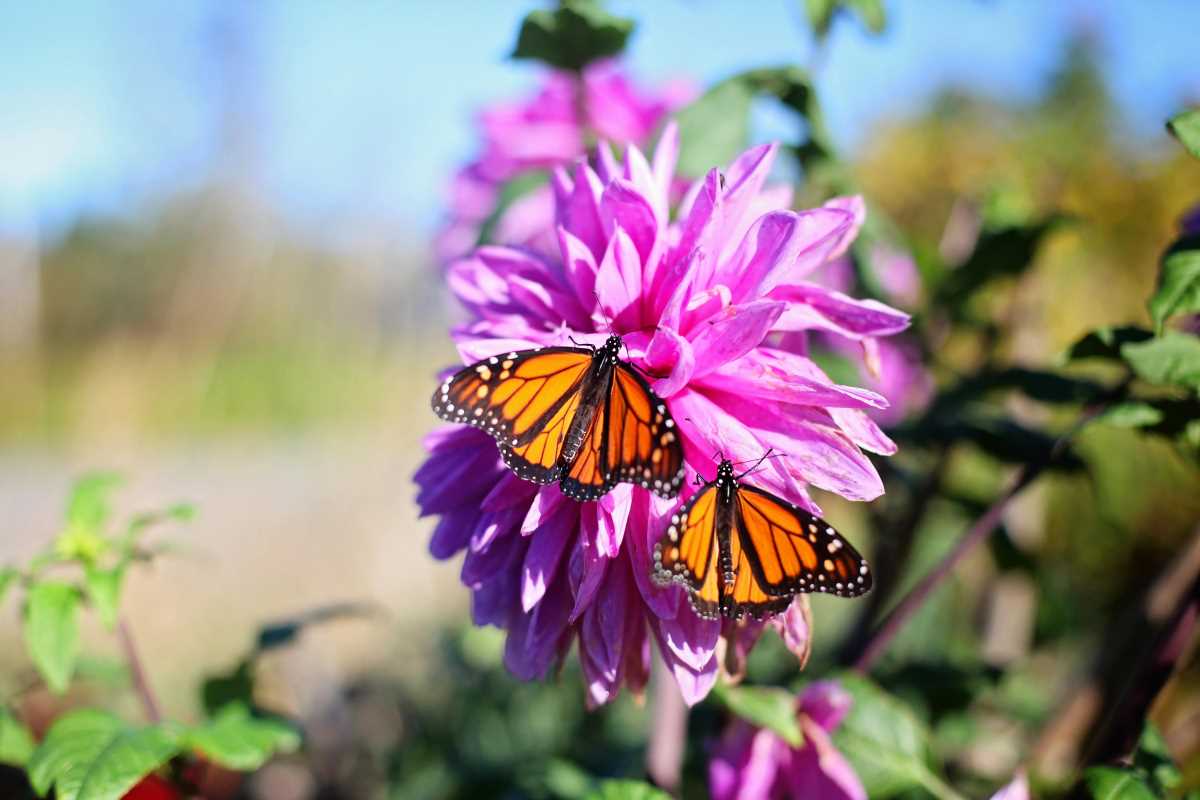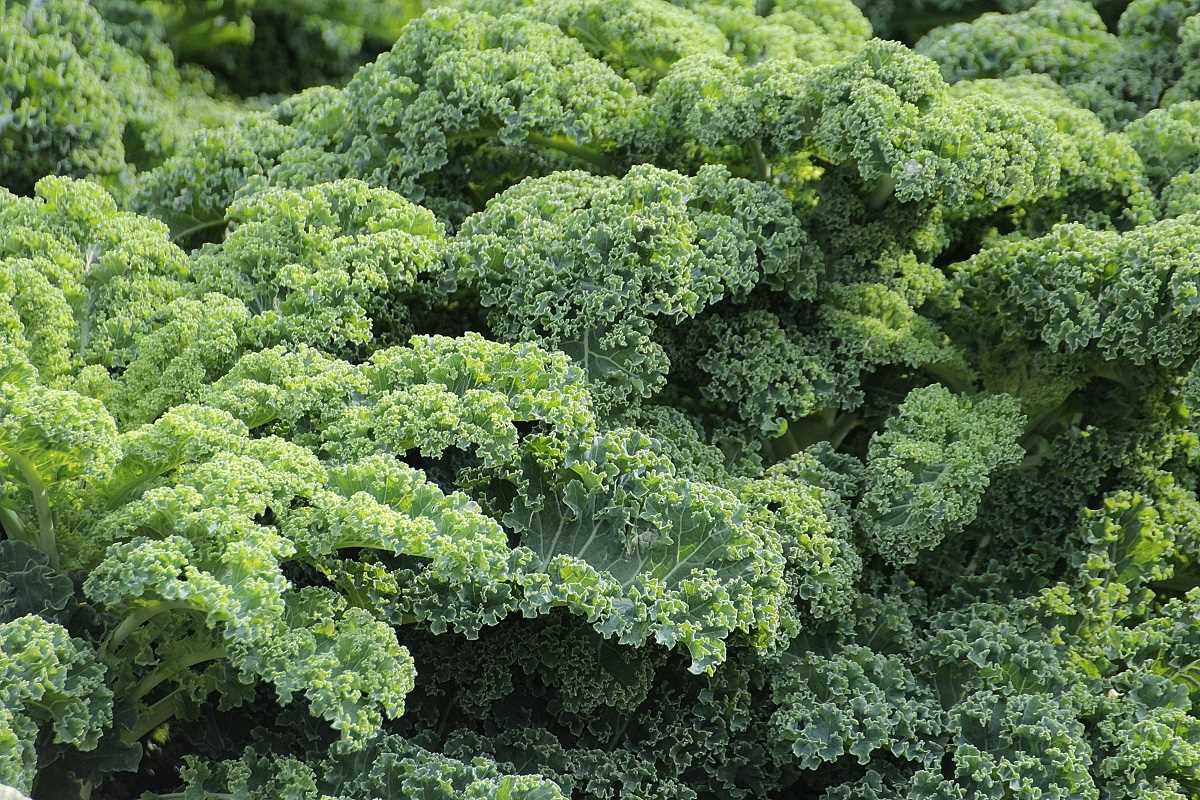Seasonal allergies can turn the most beautiful seasons into a nightmare of sneezing, itchy eyes, and congestion. Whether you're playing in the spring blooms or strolling through crisp autumn air, allergens like pollen can ruin your mood. While over-the-counter medications might provide relief, they can come with unwanted side effects like drowsiness or dry mouth. Natural remedies, on the other hand, offer a gentle, more holistic approach to managing these symptoms.
Here’s a comprehensive guide to natural remedies and lifestyle changes that can help you handle seasonal allergies and breathe easier, without sacrificing your wellbeing.
1. Local Honey
If you’ve heard someone suggest a spoonful of local honey to combat allergies, they may be onto something. The theory is that local honey contains small amounts of pollen from your area, which can help your body slowly build a tolerance and reduce your immune response to seasonal allergens.
How to Incorporate Local Honey:
- Stir a teaspoon into your morning tea or coffee.
- Drizzle it over oatmeal, yogurt, or toast.
- Use it as a natural sweetener in smoothies or salad dressings.
Keep in mind, the honey must be raw and local to have any potential benefit. It may take several weeks or even months of consistent use to notice an impact, so start early in the allergy season!
Pro-tip:
Pair local honey with a twist of lemon or a chunk of ginger in warm water for added antimicrobial benefits.
2. Nasal Rinsing
When spring pollen fills the air, your nasal passages can become clogged with allergens. Nasal rinsing using a saline solution is a highly effective way to flush out these irritants. The traditional Neti pot method or a saline spray can help clear mucus and reduce inflammation.
How to Use a Neti Pot:
- Prepare a sterile saline solution using boiled and cooled water mixed with salt.
- Lean over a sink, tilt your head to one side, and pour the solution into one nostril. It will flow through your nasal passages and out the other nostril.
- Gently blow your nose to expel any excess saline and mucus.
Pro Tip:
Always sterilize your Neti pot and use boiled or distilled water to prevent infections.
For those who shy away from the Neti pot, a saline nasal spray is a quick and easy alternative that’s just as effective for clearing nasal congestion.
3. Quercetin-Rich Foods
Quercetin, a natural antioxidant and anti-inflammatory compound, stabilizes the release of histamines in your body. This, in turn, reduces allergy symptoms like itchy eyes and sneezing. Found naturally in many fruits and vegetables, quercetin offers a double benefit of improving your overall diet while alleviating allergies.
Foods Packed with Quercetin:
- Onions (especially red ones)
- Apples (don’t peel the skin; that’s where most of the quercetin is)
- Kale and broccoli
- Berries (think blueberries, blackberries, and raspberries)
Extra Tip:
If you’re struggling to get enough quercetin through diet alone, supplements are an option. Always consult with a doctor to determine the right dosage for your needs.
4. Butterbur Extract
An ancient remedy backed by modern science, butterbur works as a natural antihistamine. It’s been shown to reduce inflammation and alleviate nasal congestion without the side effects of drowsiness that some medications cause.
Butterbur Usage Advice:
- Choose a standardized butterbur extract labeled “PA (pyrrolizidine alkaloids)-free” to ensure it’s free of potential toxins.
- Take it in capsule form as directed by a trusted healthcare provider.
Butterbur may offer relief not just for nasal symptoms but also for itchy skin and watery eyes.
5. Steam Therapy
If you wake up stuffy and congested, a steam session can provide instant relief. Steam therapy helps open and soothe your airways while loosening mucus. Plus, adding essential oils like eucalyptus or peppermint can enhance its effectiveness.
How to Use it:
- Boil a pot of water and transfer it to a heat-safe bowl.
- Drape a towel over your head and lean over the bowl. Breathe deeply for 5-10 minutes.
Pro Tip:
Eucalyptus oil is particularly helpful as it contains compounds that open up the nasal passages. Add 2-3 drops to your steam session for best results.
For quick congestion relief throughout the day, a hot shower can mimic this effect and help you feel refreshed.
6. Probiotics and Gut Health
A healthy gut is key to a well-functioning immune system, which can directly impact how your body responds to allergens. Probiotics introduce good bacteria, helping reduce inflammation and improving your body’s overall ability to fend off allergens.
Foods High in Probiotics:
- Yogurt with live cultures
- Kefir
- Fermented foods like sauerkraut, kimchi, and miso
- Kombucha
Bonus Tip:
If you prefer supplements, look for a probiotic that contains strains like Lactobacillus rhamnosus GG or Bifidobacterium lactis. These strains have been shown to specifically help reduce allergy symptoms.
7. Stinging Nettle Tea
Stinging nettle is a natural antihistamine and has been used for centuries to fight allergy symptoms. It’s particularly useful for combatting sneezing, nasal congestion, and itchy eyes.
How to Prepare Nettle Tea:
- Purchase dried stinging nettle leaves from a health food store.
- Brew 1 teaspoon of nettle in hot water for 5-7 minutes.
- Sweeten with local honey to enhance its allergy-fighting benefits.
For those who’d rather not brew tea, nettle is also available in capsule form. Just remember to follow dosage recommendations.
8. HEPA Filters and Allergen Prevention
Even the best remedies won’t fully work if you continually expose yourself to allergens. High-efficiency particulate air (HEPA) filters trap allergens like pollen, dust, and dander, improving the air quality in your home.
How to Use HEPA Effectively:
- Place a HEPA filter in high-traffic areas of your home, such as the living room and bedroom.
- Upgrade your vacuum cleaner with HEPA filters to prevent allergens from being released back into the air as you clean.
- Regularly wash bedding and pillowcases, as they can trap pollen and dust.
Keep windows closed during high-pollen hours (typically morning) and consider wearing a mask when performing activities like mowing the lawn or gardening.
9. Vitamin C
Vitamin C isn’t just good for colds; it’s also a natural antihistamine. By boosting your immune system, it can help your body regulate reaction to allergens.
High-Vitamin C Foods to Include:
- Oranges, lemons, and limes
- Strawberries and kiwis
- Bell peppers and tomatoes
- Dark leafy greens like spinach
For convenience, you can turn to vitamin C supplements, but as always, food sources are preferable for their added nutrients and fiber.
Tip:
Make a green smoothie in the morning with spinach, kiwi, and a splash of orange juice for a powerful immune boost.
10. Stay Hydrated
Staying properly hydrated thins mucus and helps flush allergens out of your system. Dehydration, on the other hand, can exacerbate congestion and make you more vulnerable to allergy symptoms.
Ways to Boost Hydration:
- Drink at least 8-10 glasses of water a day.
- Keep a reusable water bottle with you as a reminder.
- Infuse water with refreshing add-ins like cucumber, mint, or lemon slices.
You can also hydrate by sipping on herbal teas like chamomile, which has the added benefit of calming inflammation.
11. Anti-Inflammatory Foods
Inflammation worsens allergy symptoms, so including anti-inflammatory foods in your diet can help. Omega-3 fatty acids, for example, reduce airway inflammation and may lower sensitivity to allergens.
Foods to Focus On:
- Fatty fish like salmon or mackerel
- Walnuts and chia seeds
- Spices like turmeric and ginger
Make these foods a regular part of your meals to keep your immune system calm and balanced.
12. Lifestyle Adjustments
Beyond targeted remedies, modifying your daily habits can have a huge impact on managing allergies.
- Shower after being outdoors to rinse off pollen from your hair and skin.
- Change clothes immediately after spending time outside to avoid tracking allergens indoors.
- Keep pets off furniture and bedding, as they can carry pollen on their fur.
Investing in an allergy-proof mattress cover and washing linens weekly in hot water can also drastically lower your exposure to allergens.
By combining these natural remedies with smart lifestyle habits, you can take control of your seasonal allergies. Be patient and experiment to see what works best for you. If your symptoms persist or worsen, don’t hesitate to consult a healthcare provider for guidance.
 (Image via
(Image via





